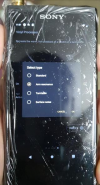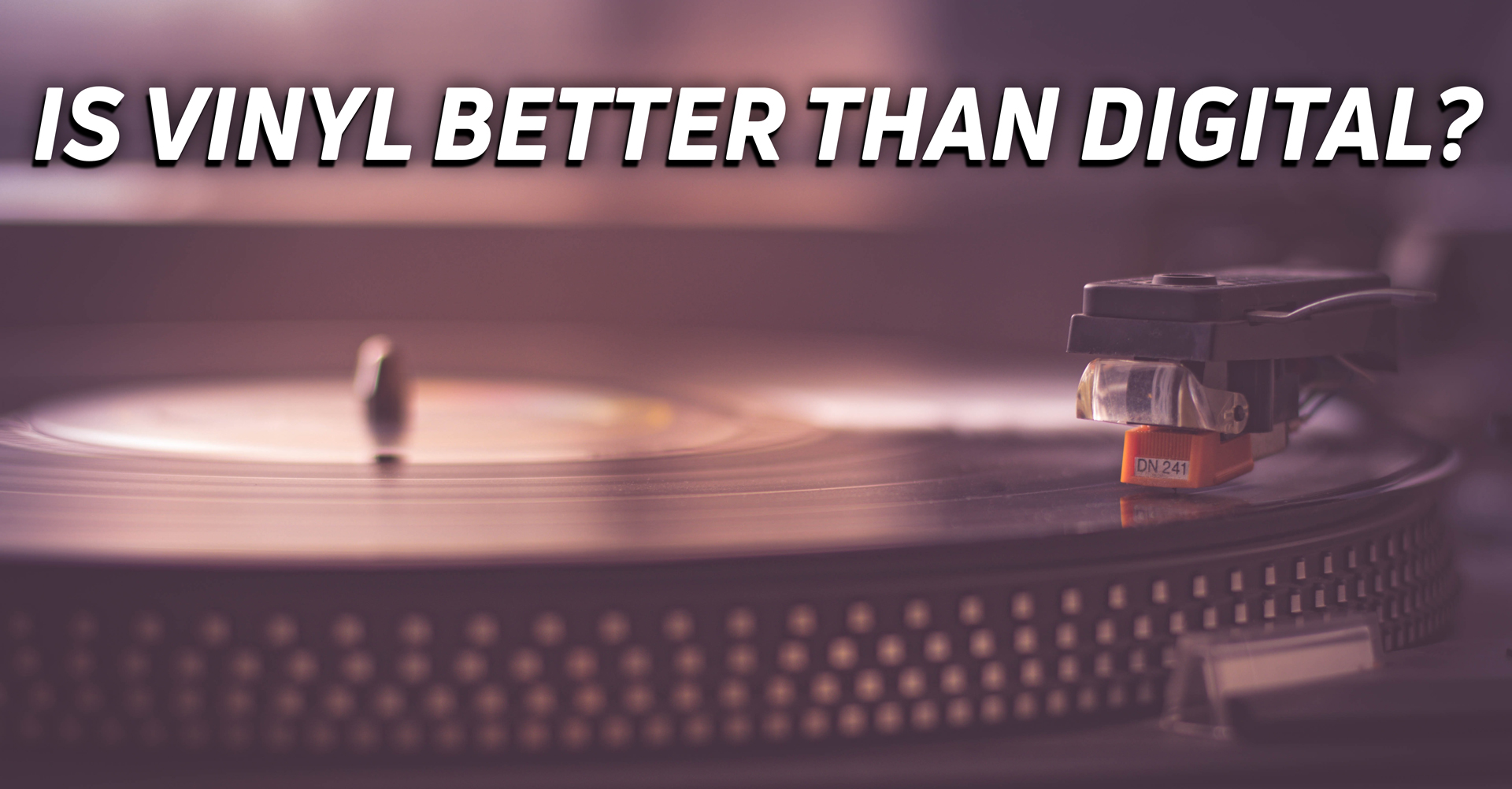Very interesting query. But there is something everyone seems to be missing here.Has anyone tried to rip their vinyls using a good audio interface and played it back on his digital setup with same speakers and amp. Curious to know what would be the results.
Since the 1970s, music is stored only in digital form all over the world. Studios have given up storing anything on tapes, or any other form of analogue technology. At least in the western world, all music is now stored in digital form only.
So when you are pressing a LP, you are converting digital music to analogue form, compressing it, and creating a master. The compression is for the physical limitation of the analogue medium. Creating a digital version from an LP would be futile when you can get a copy of the original digital version.
With modern digital systems where space is not a constraint, recordings are stored with very high bandwidth, as close to the original analogue wavelength as possible.
As much as you want, analogue systems can never present the full width of the song as they have physical limitations. Digital do not have those limitations. So it is only a question of the format in which they are transmitted to you today.
As I was discussing with someone the other day, we must learn to enjoy music instead of arguing about formats, presentation, etc. For example, I love listening to a Rafi mumber played from a 5 year old laptop through speakers that cost 700 a pair. This is on a daily basis when I am working. At the same time, when I am in the mood, I listen to the same songs (as well as others) on system that have all the bells and whistles. That does not mean I do not go back to my 700 a pair speakers.
I do understand the differences in presentation and delivery. But, I do not stand on one leg, pout and shout 'jockey or nothing'. Why would I miss listening to music that sound decent to my ears just because someone has a different viewpoint?
Remember, all of us have a limitation in terms of what we can spend. Chasing this 'being a pure audiophile' is a sheer waste of time. Time you should be spending listening to music.
Last edited:



